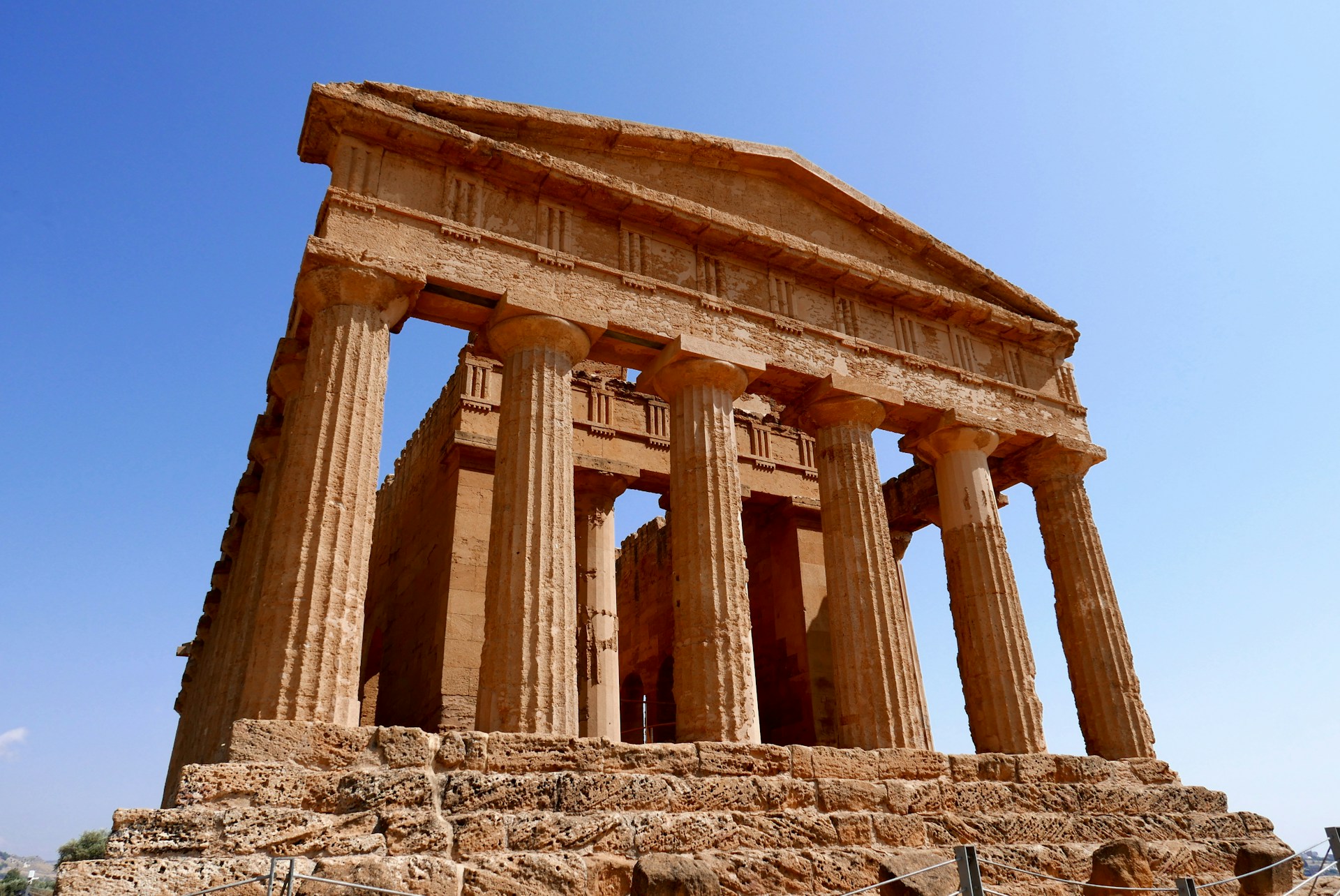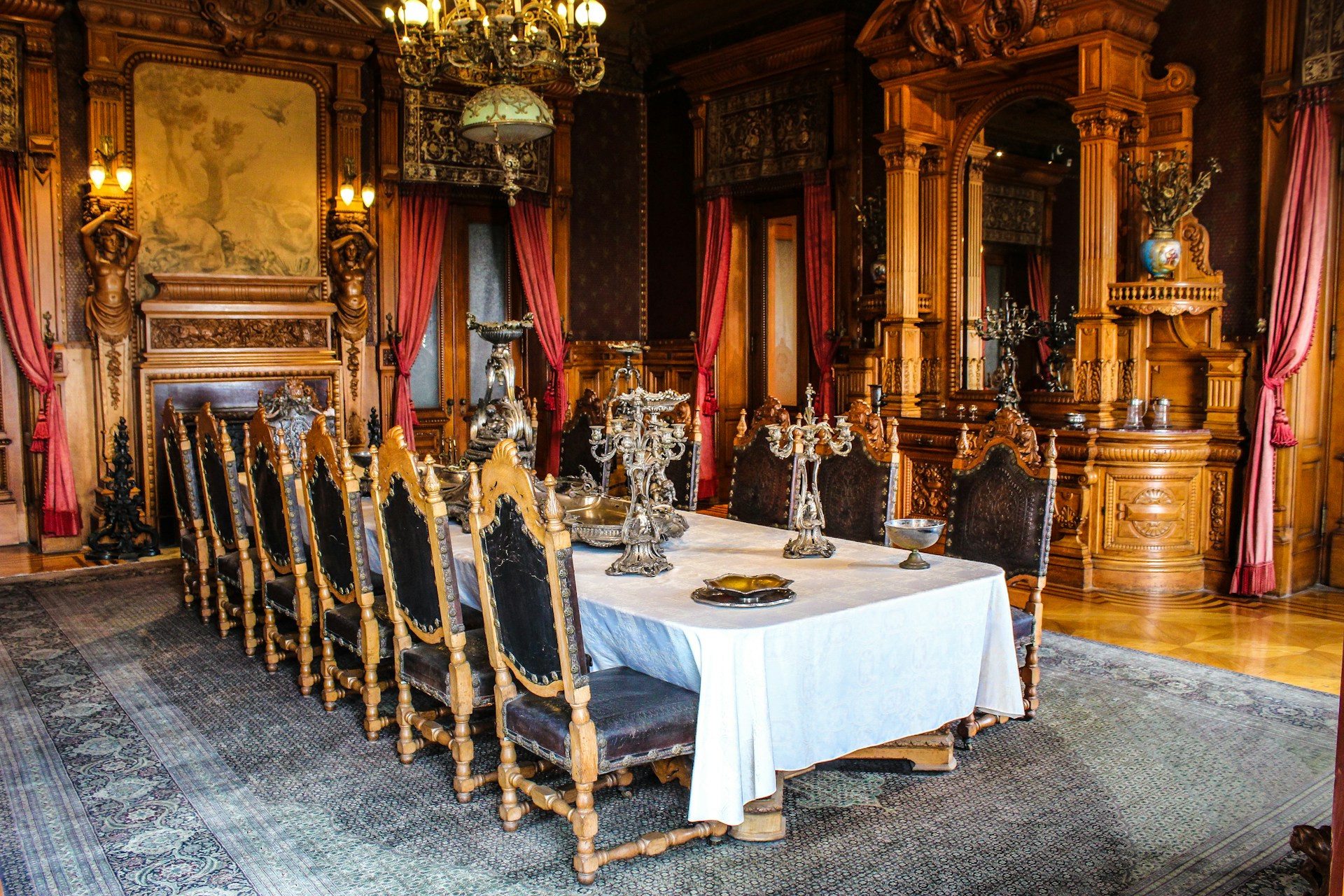Living out our faith together as a community of believers, we can find that there are different interpretations and beliefs on various issues. Some of these differences might be based on questions related to the scriptures, whereas other differences are related more to cultural contexts.
In Romans 14, Paul addresses some of these issues using examples such as eating meat or celebrating specific days.
Eating Meat
There were two significant questions related to eating meat at the time for the Christians. At that point, you either had Jewish-background Christians who had been taught their entire lives that they couldn’t eat unclean meats. Eating pork would be an example of an unclean meat, but there were several others that the Jews were forbidden to eat, based on the law.
At the same time, the Gentiles were part of a culture that would offer meats to the Greek – now Roman – gods in their temples. These were sacrifices to those gods, but sometimes those meats would be “recycled” in a sense and sold in the market to people to take home and eat.
Here in Sicily, we can still see the temples that were built to offer sacrifices and worship the Greek gods such as Zeus, Juno, Hercules, and others. In fact, the picture for this post is the Temple of Concordia, one of the temples where these sacrifices had been done that had been standing in the southern part of Sicily near Agrigento for around 400-500 years by the time that Paul wrote the book of Romans. In that place, many different animals were slaughtered as a worship sacrifice to the particular Greek god for which the temple had been built and the meat was then, at times, available either for distribution or for sale.
Of course, this would have raised a question for a Christian who serves the one true God: Should I eat meat that has been sacrificed to another God? This became an important question for the early Christians given their desire to serve one God in the person of Jesus Christ.
Paul says here that each person should do it according to his own conscience and should be convinced that he is doing what is right. Even further, that person should not eat the meat if it will cause another person with whom they are eating to stumble, meaning that it would scandalize their faith to see someone eat that meat because they believe the opposite.
That doesn’t mean that the person who will be scandalized by having eaten this meat is correct, necessarily, so they shouldn’t be allowed to preach or speak against the eating of that meat. However, it does mean that we should act in love and keep our convictions between ourselves and God instead of forcing others to believe and act in the same way that we do when it is, instead, a secondary issue that isn’t worth causing further divisions or additional scandals amongst other people.
In this way, if we are not causing someone else to stumble in their faith and instead we act in love and abstain from eating something that prevents them from entering or remaining in the kingdom of God, we are acting as to the Lord.
Special Days
Paul then uses another example in this chapter related to the question of celebrating specific days. This is actually an another issue that we have run into here in Sicily. Here, the Catholic church has had a strong influence for thousands of years and we have found that the protestant church, as the name would suggest, has frequently protested against the practices of the Catholics.
An example of this is that the Catholic church has many different types of special days and someone that observes those special days is considered to be “faithful” to God through their observance. Here in Catania, for example, someone who participates in the Festival of Sant’Agata is considered to be part of the “faithful” to the adopted saint for the city.
I will say that, having gone to the Festival and seen what happens, it seems to me to be idol worship. In fact, there is even an idol that is paraded throughout the streets of Catania, sponsored by the mother church of the city, specifically for the purpose of paying homage to Agatha.

I can, therefore, understand when the Evangelicals say that they don’t want to celebrate special days because they don’t want to follow the example of the Catholic church as they have experienced it here locally. On the other hand, we have found that this protest can also at times be taken to what we would consider to be an extreme position in that, even in the times of Christmas or Easter, the celebration or even remembrance of the time of year would not be mentioned in a time of worship in church, despite the fact that many people will then return to celebrate that very holiday there in their own home.
So, according to what Paul has said, to criticize the church for not celebrating specific days would be wrong. However, to be considered wrong for celebrating Christmas or Easter as a remembrance of Christ’s birth or death and resurrection would also be wrong.
Instead, Paul says that the Christian life has nothing to do with any of these religious types of practices, but instead it is the life by the Spirit that makes all of the difference:
For the kingdom of God is not a matter of eating and drinking, but of righteousness, peace and joy in the Holy Spirit, because anyone who serves Christ in this way is pleasing to God and receives human approval.
Romans 14:17-18
Let us live in righteousness, peace, and joy in the Spirit. May God guide us so that we please him, living to the Lord, not just live to please and impress others with what appears to be our own righteousness through our religious practices.








